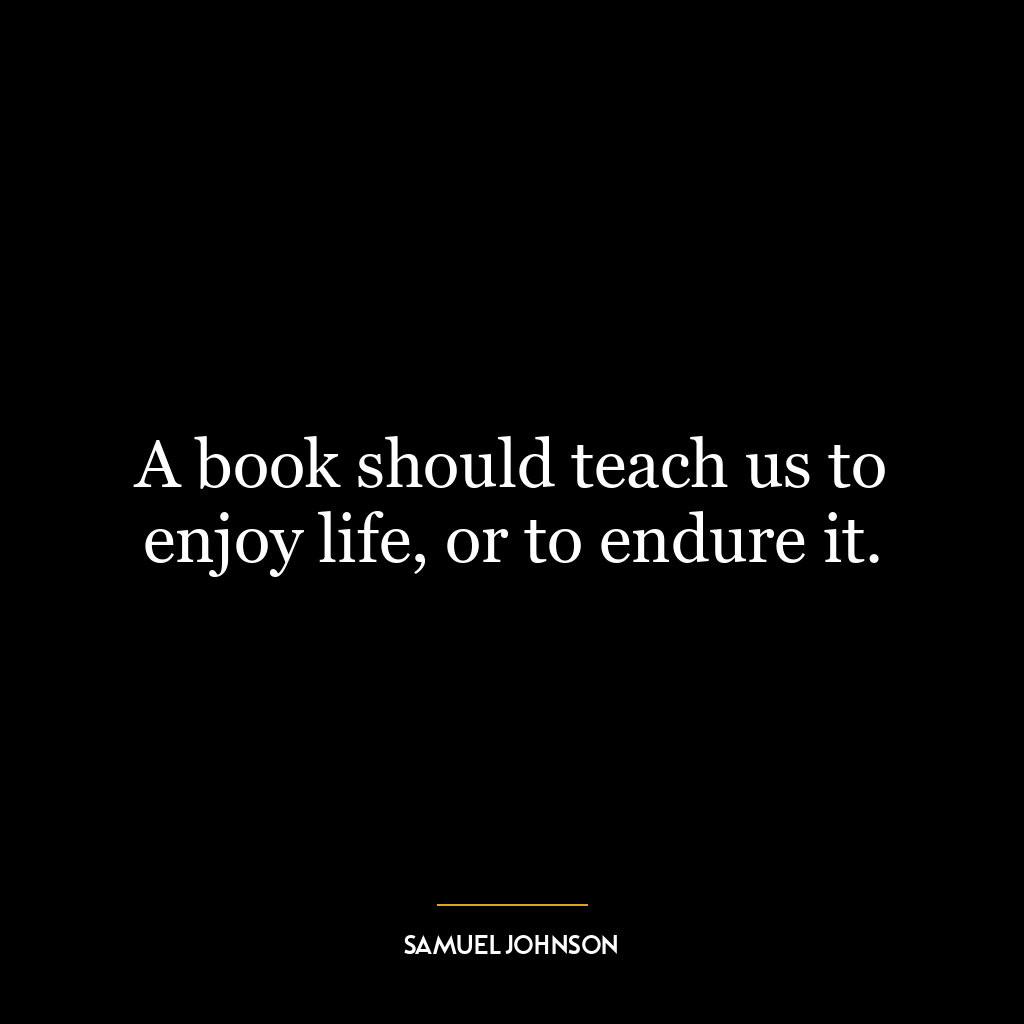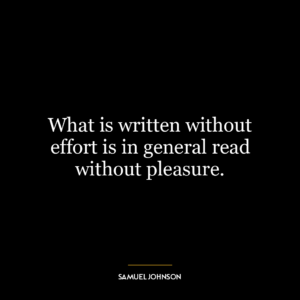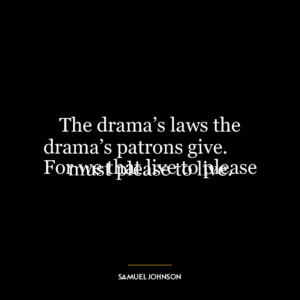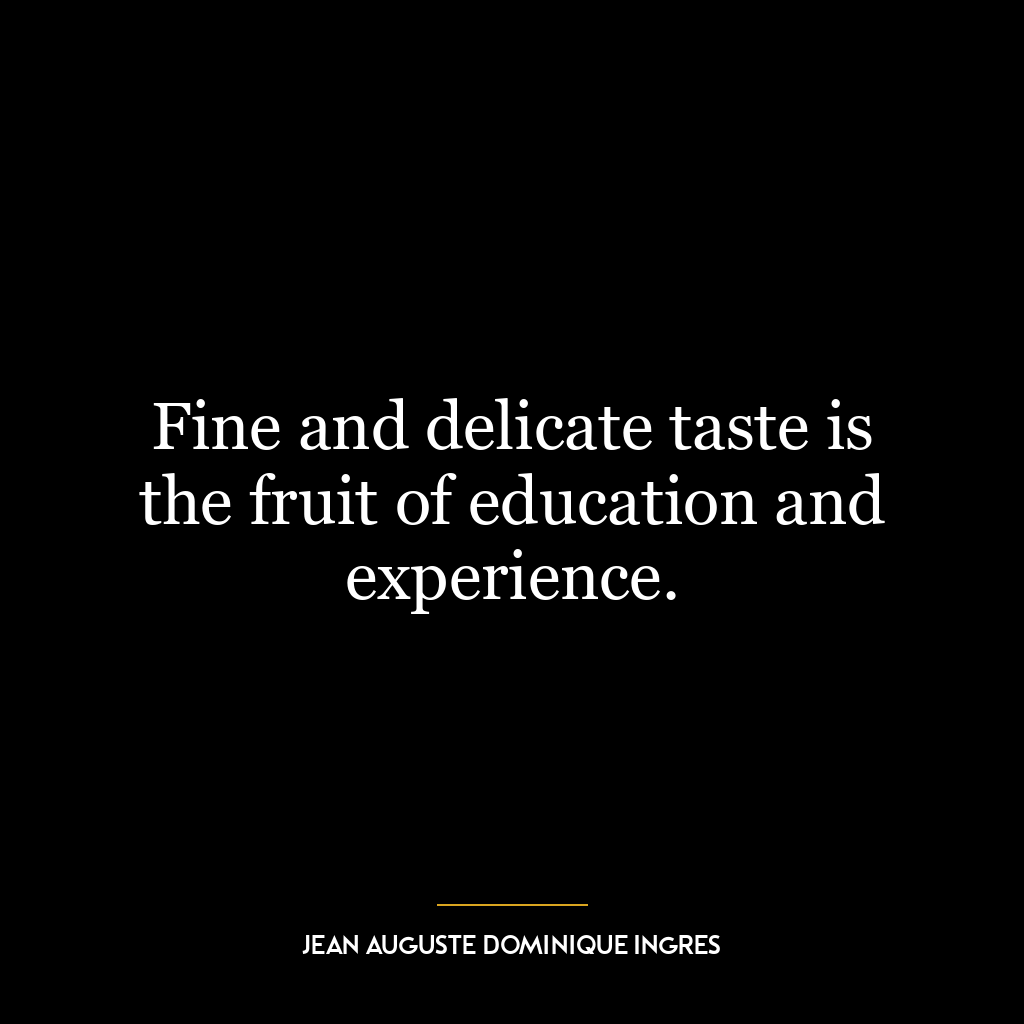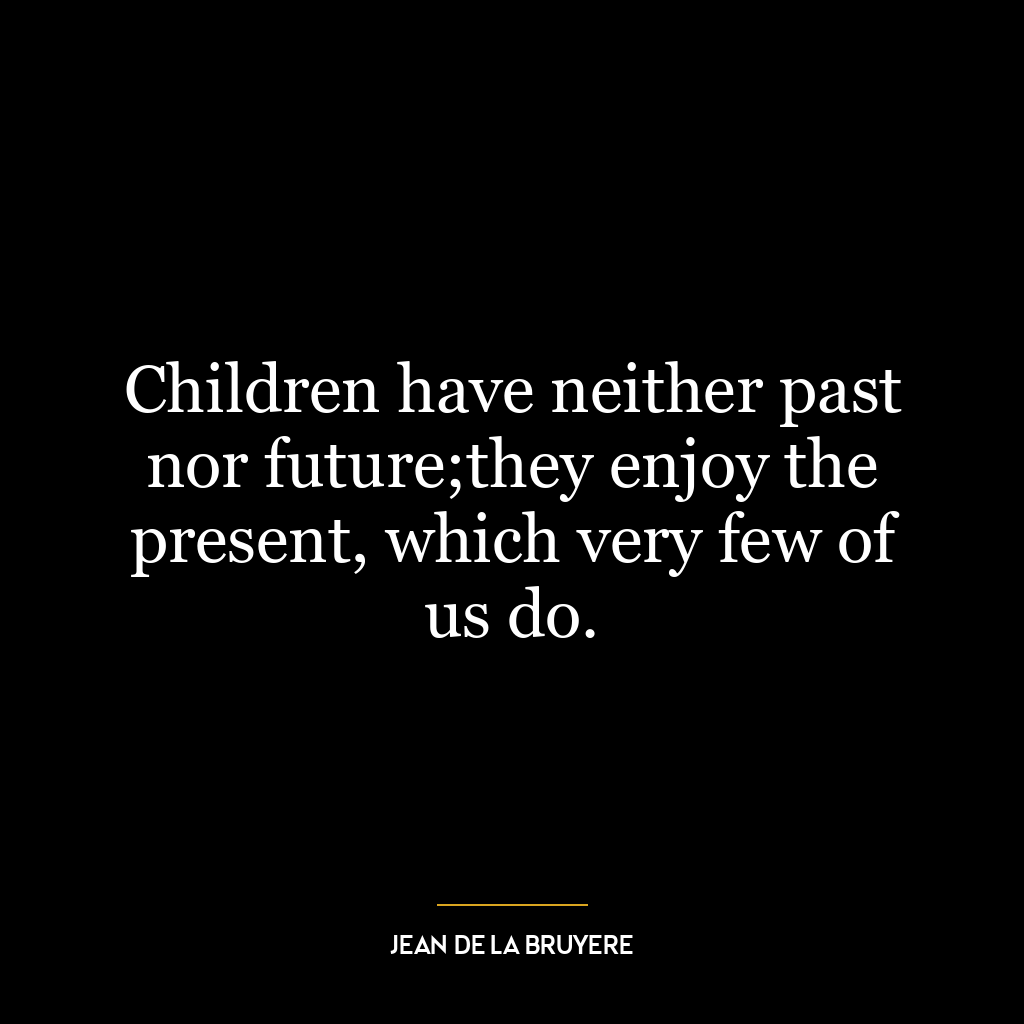This quote emphasizes two essential aspects of life – enjoyment and endurance. The first part, “A book should teach us to enjoy life,” suggests that literature should inspire joy, thankfulness, and a positive perspective towards the world around us. It implies that books have the power to enrich our lives by offering new insights or showing us beauty where we might not have seen it before.
The second part of the quote, “or to endure it,” acknowledges that life is not always enjoyable. There are hardships and challenges that everyone must face. In these times, books can serve as guides for resilience and survival. They can provide examples of characters who persevere through adversity or offer philosophical perspectives that help readers cope with their own struggles.
Applying this idea in today’s world or personal development could mean seeking out books that either uplift you or equip you with strategies for resilience in tough times. For instance, reading a beautifully writen novel might make you appreciate the artistry of language and storytelling thus enhancing your daily experiences.
On the other hand, reading about someone who overcame obstacles similar to ones you’re facing could give you hope and practical advice on how to endure your own situation. This approach encourages active engagement with literature as a tool for personal growth rather than passive entertainment.
In an era where self-improvement is highly valued but often associated with fast fixes like motivational quotes or superficial lifestyle changes, this quote reminds us of the deep wisdom available in literature which has been crafted over years – even centuries – offering lasting lessons on both enjoyment and endurance in life.

